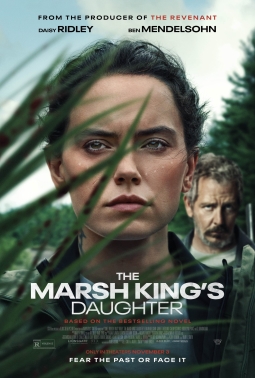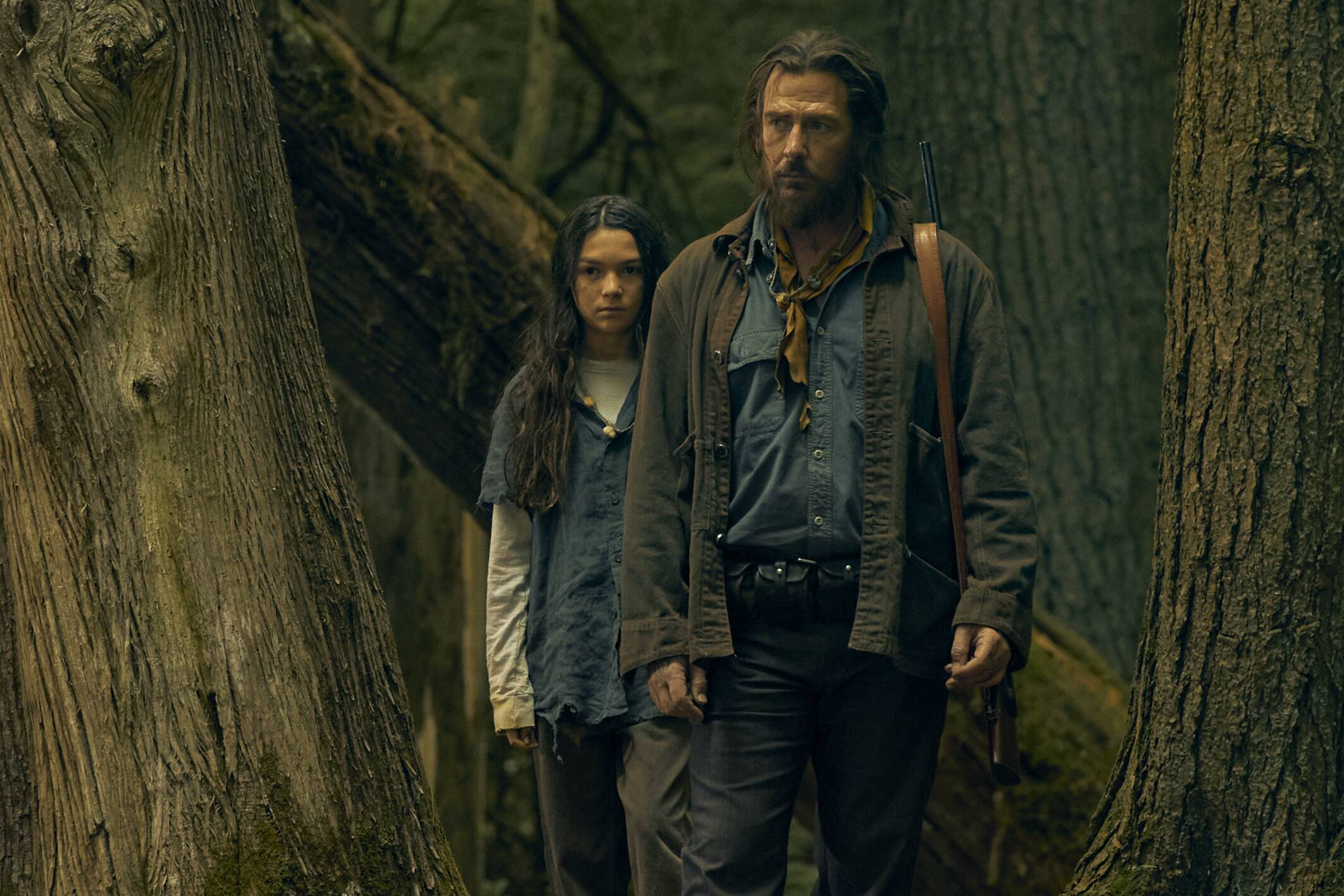Is ‘The Marsh King’s Daughter’ Based on a True Story?
The cinematic world often draws inspiration from the world around us, creating compelling narratives grounded in reality or spun from pure imagination. The 2020 film The Marsh King’s Daughter has piqued the curiosity of film enthusiasts and casual viewers alike, who are eager to know if this tale has roots in real life or is a figment of creative storytelling.
The Marsh King’s Daughter focuses on the complex relationship between a father and daughter set against the backdrop of survival in the wild. The story delves into themes of freedom, captivity, and reconciliation, elements that resonate deeply with audiences. However, let’s dissect the components of this film to ascertain its foundation.

At first glance, the plot seems to draw parallels with numerous historical events where individuals or groups lived secluded lives in nature, nurturing both harmonious and turbulent dynamics within their secluded societies. These stories provide a rich tapestry of human experiences, stories of isolation, and the will to survive. But does The Marsh King’s Daughter tell one of these true stories?
The Inspiration Behind the Film
While The Marsh King’s Daughter has an air of authenticity, it’s not a direct recounting of a specific historically documented event. Instead, the screenplay, penned by Karen Janszen and Rick Eldridge, takes inspiration from various themes and circumstances. These include stories like that of the Lykov family, who lived in isolation in Siberia for decades, or the gripping tale of the Grey Owl, where aspects of living harmoniously with nature while dealing with personal conflicts are highlighted.
The idea of captivity in the film can be linked to the psychological and moral imprisonment one might feel when their reality is confined to the wilderness, juxtaposed with an external world they’ve been shielded from. This theme might resonate with viewers familiar with cases like the Colonia Dignidad or stories of children raised in the wild, later reintegrating into society with much difficulty.
Film vs. Reality
The Marsh King’s Daughter masterfully crafts a narrative where the raw, untamed landscapes become a character itself, reflecting the internal struggles of the protagonists. The film employs a unique storytelling angle where the daughter, Helena, learns about her father’s past and the reasons behind their secluded lifestyle, which is an imagined scenario but could be inspired by real-life conundrums of identity and familial bonds.
Yet, the film’s blend of thriller and psychological drama explores the depth of human emotion rather than being anchored in historically accurate events. The portrayal of the father, known as "the Marsh King," delves into survival instincts, fatherhood, and the consequences of one’s upbringing and decisions, creating a multi-layered character that viewers find both admirable and unnerving.

The Viewer’s Experience
For those seeking insight into whether The Marsh King’s Daughter is based on a true story, the answer lies in the nuances of the narrative. While not directly recounting real events, the film captures the essence of living on the fringes of society, the psychological effects thereof, and the unbreakable ties between parent and offspring. The film’s premise and emotional resonance, however, are indeed reminiscent of certain true-life inspirations.
In exploring these themes, the film doesn’t claim to be a factual biography or documentary but rather uses its fictional canvas to paint a broader, universal picture. It invites viewers to reflect on their own connections with nature, freedom, and the complexities of familial relationships, thereby providing a narrative that’s both engaging and thought-provoking.
Thus, The Marsh King’s Daughter is an artful tapestry woven from threads of imagination, infused with elements of reality, making it a cinematic experience that entertains, educates, and provokes thought, leaving viewers with a tale that feels real in its emotional truth rather than in its historical veracity.










